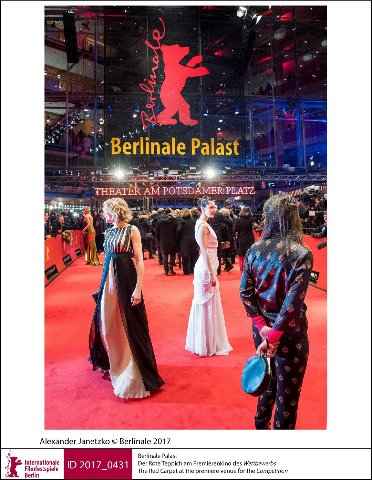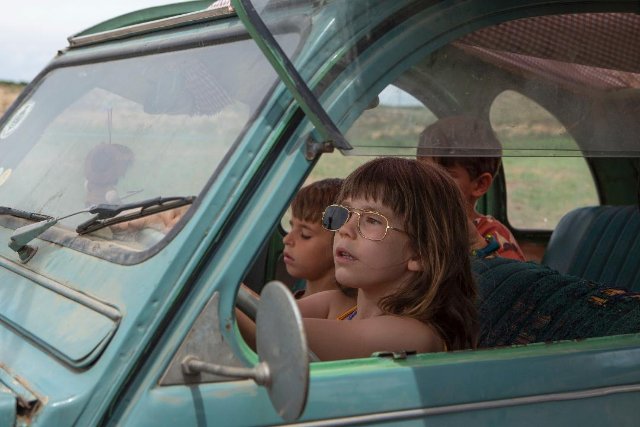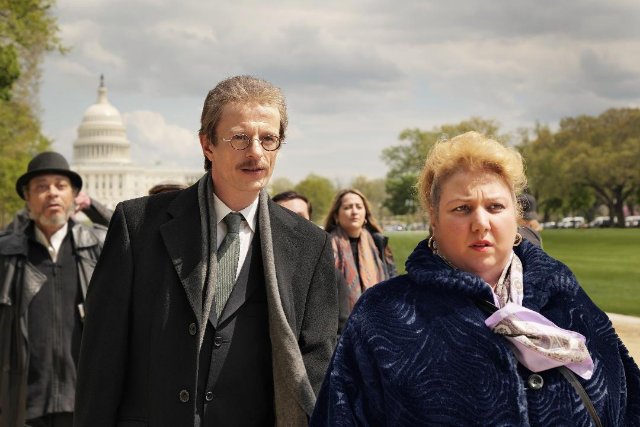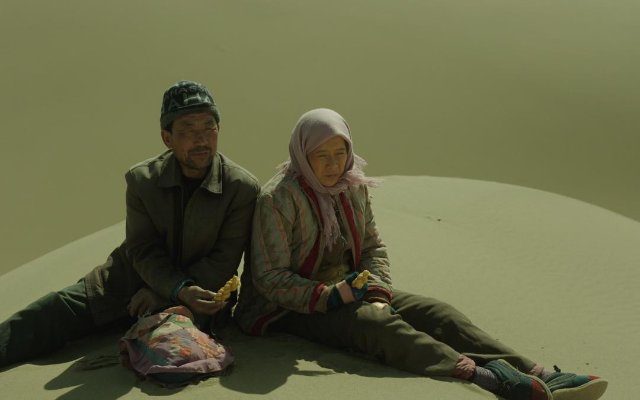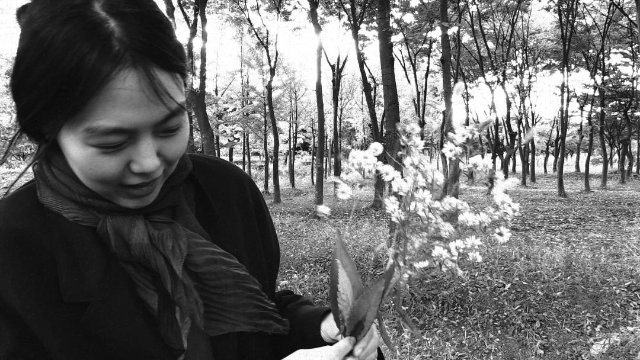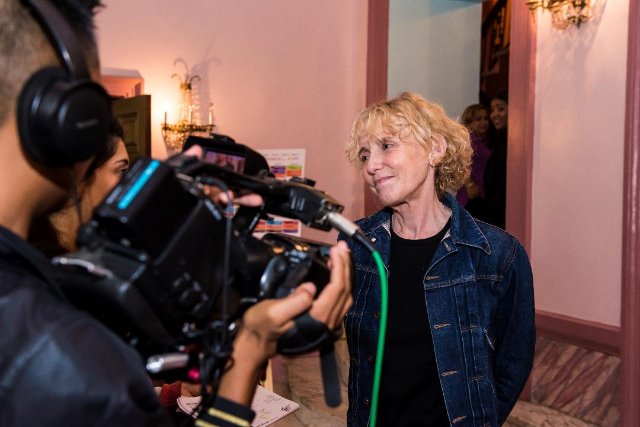72nd Berlinale - Germany
February 10-20, 2022
By: Angelika Jansen - Feb 24, 2022
Berlin's 72nd Berlinale, 2022
Chapeau! An amazing undertaking has drawn to a close in Berlin, Germany. Amid still active Covid-19, Marietta Rissenbeek and Carlo Chatrian, the heads of the film festival Berlinale, brought about the 72nd international film festival in real time. But instead of going to parties galore, all accredited people had to submit to stringent daily testings, and then, simply attend the movies. Without showing negative results nobody, neither professionals nor the audience, were allowed entrance to the theatres. There were fewer venues, fewer attendance numbers. The international and national stars bowed only from the theater stages and did not mingle, although they walked the red carpet to the Berlinale Palace. Despite these limitations, all were greateful for presenting the films and themselves to a live audience. The festival leaders and participants, under siege by Covid-19, took up the fight and won.
The main section of the Berlinale was, as usual, the Competition. With 18 submissions, eight of them were French productions or co-productions. Along these lines, chapeau! is a deserved reverence. But only one French work received a coveted Silver Bear. It went to Claire Denis for directing Avec Amour Et Acharnement (Both Sides of the Blade). The movie tells the story of Sara (Juliette Binoche) who is happily in love with Jean (Vincent Lindon). But then her old love Francois (Grégoire Colin) comes into her life again and all bets are off.
Five more Silver Bears, went to movies with similar focuse on personal events in the lives of their protagonists. Hong Sangsoo's Korean work So-Seol-Ga-Ui-Yeong-Hwa (The Novelist's Film) received the Grand Jury Prize for following people, who are escaping Seoul's quirly activities to find truth and contentment by making new acquaintances in the countryside. The Jury Prize went to Robe of Gems by Mexico's Natalia López Gallardo. Isabel (Nailea Norvind) and her family take over the villa of her mother, including servants. Consequently, all have to deal with personal losses of some kind.
Loss was omnipresent in most of the other selections for the Silver Bears. Relief came very unexpected through a German contribution. Silver Bears were awarded, one for Best Screenplay to Laila Stieler and one for Best Leading Performance to Meltan Kaptan, to the German/French co-production of Germany's Andreas Dresen Rabiye Kurnaz gegen George W. Bush (Rabiye Kurnaz vs. George W.Bush). It deals with the successful 5-year fight of a Turkish/German mother, Rabiye Kurnaz (Meltem Kaptan), to free her son Murat from Guantanamo prison. She and her lawyer Bernhard Docke (Alexander Scheer) go as far as to the president of the USA, the Supreme Court of the USA, and write to the German Chancellor Angela Merkel to get Murat back to Bremen, Germany. Despite the seriousness of the issue, the film allows a most delightful insight into the life of a normal German/Turkish middle class family whose life is turned upside down by world politics. It can be said that it has catapulted the comedienne, Meltem Kaptan, into an instant and well deserved lime light.
This year's Berlinale may as well be called the year where movies about women, for women, and directed by women took center stage. Of the 256 productions many focused on women issues and were directed by women. Not as eye-catching as Andreas Dresen's film, but nevertheless celebrating female strength, bridging the gap between personal and socio-political engagement is US director Phyllis Nagy's Call Jane. Situated in the 1960s, Joy (Elizabeth Banks) is pregnant. She needs an abortion because of serious health problems that no doctor wants to grant her. In the end, she finds help by the Chicago underground organization 'Call Jane' that is run by Virginia (Sigourney Weaver).
Not only were many of the works that received Silver Bears directed by women, the film that was awarded the Golden Bear, the most prestigious prize of the Berlinale, went to a woman director as well. Spain's Carla Simón received the golden prize for Alcarrás, depicting the last summer that the Solé family could harvest peaches on their farm in Catalonia, Spain. Since the grandfather has no document that they own the land, the landowner is taking the fields back. After the summer, they will be covered with solar panels, bringing more profit to the owner. Without being sentimental, the director accomplishes the difficult task of putting a lyrical spotlight on the hard life of farmers. It is a thankful bow to old fashioned methods in agriculture that put the hardships and joys of a family working together on center stage.
One of the most moving films of the Competition, the Chinese director Li Ruijun's Yin Ru Chen Yan (Return to Dust) also deals with great hardships in a rural setting. A desperately poor couple, the quiet Ma (Wu Renlin) and the mentally and physically handicapped Gulying (Hai Quing) build a house together, live there for a short time, while growing more and more fond of each other, until disaster strikes – Gulying drowns in a pond. It is a most unusual and touching love affair.
The entire festival, at least the section of the Competition, seemed to be bathed in compassion for the human lot. The artistic director of the festival, Carlo Chatrian put it as: „Never before have we seen and welcomed so many love stories as this year: crazy, improbable, unexpected and intoxicating love.“ Well, since the normal festival indulgences, such as parties, were out of the question, more of the true human feelings could be celebrated.
What is wrong with that?

